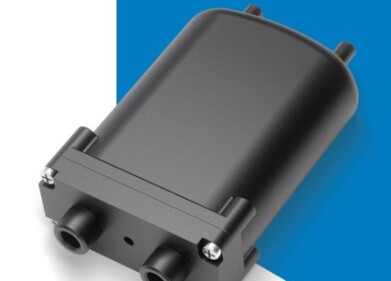Chromatography
An Improved Solid-phase Extraction Product for the Banned Antibiotic Chloramphenicol
Jul 21 2006
Today, a zero tolerance level for food exists since maximum tolerance levels cannot be established for compounds with this level of toxicity. By using the MIP[4]SPE phase, residues of Chloramphenicol can be extracted efficiently and rapidly, improving considerably on existing extraction methods. Furthermore, detection limits well below the minimum required performance limit (MRPL) for Chloramphenicol are achieved, enhancing the reliability of the detection and ensuring improved food safety and quality.
One of the first companies to test MIP[4]SPE is the Nestlé Research Centre in Lausanne, Switzerland. "We are excited to test this new product for selective extraction of Chloramphenicol from food matrices, and we hope that using a MIP in combination with MS detection will lead to accelerate the turn-around-time for analysis and to lower detection limits compared with other methods", said Dr. Philippe Guy from the Nestlé Research Centre.
Digital Edition
Lab Asia 31.6 Dec 2024
December 2024
Chromatography Articles - Sustainable chromatography: Embracing software for greener methods Mass Spectrometry & Spectroscopy Articles - Solving industry challenges for phosphorus containi...
View all digital editions
Events
Jan 22 2025 Tokyo, Japan
Jan 22 2025 Birmingham, UK
Jan 25 2025 San Diego, CA, USA
Jan 27 2025 Dubai, UAE
Jan 29 2025 Tokyo, Japan



















